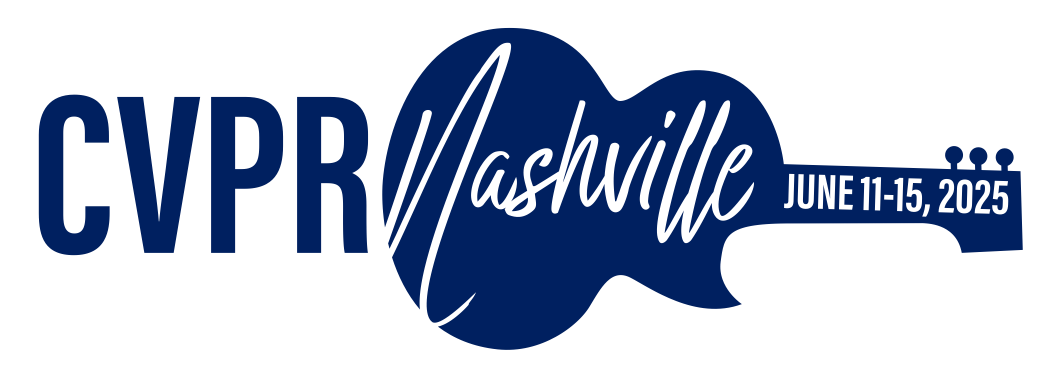-
[pdf]
[supp]
[bibtex]@InProceedings{Zhang_2025_CVPR, author = {Zhang, Zhaoyu and Hua, Yang and Sun, Guanxiong and Wang, Hui and McLoone, Se\'an}, title = {Improving the Training of Data-Efficient GANs via Quality Aware Dynamic Discriminator Rejection Sampling}, booktitle = {Proceedings of the IEEE/CVF Conference on Computer Vision and Pattern Recognition (CVPR)}, month = {June}, year = {2025}, pages = {30682-30691} }
Improving the Training of Data-Efficient GANs via Quality Aware Dynamic Discriminator Rejection Sampling
Abstract
Data-Efficient Generative Adversarial Nets (DE-GANs) have become more and more popular in recent years. Existing methods apply data augmentation, noise injection and pre-trained models to maximumly increase the number of training samples thus improving the training of DE-GANs. However, none of these methods considers the sample quality during training, which can also significantly influence the training of DE-GANs. Focusing on sample quality during training, in this paper, we are the first to incorporate discriminator rejection sampling (DRS) into the training process and introduce a novel method, called quality aware dynamic discriminator rejection sampling (QADDRS). Specifically, QADDRS consists of two steps: (1) the sample quality aware step, which aims to obtain the sorted critic scores, i.e., the ordered discriminator outputs, on real/fake samples in the current training stage; (2) the dynamic rejection step that obtains dynamic rejection number N, where N is controlled by the overfitting degree of discriminator (D) during training. When updating the parameters of D, the N high critic score real samples and the N low critic score fake samples in the minibatch are rejected dynamically based on the overfitting degree of D. As a result, QADDRS can avoid D becoming overly confident in distinguishing both real and fake samples, thereby alleviating the overfitting of D issue during training. Extensive experiments on several datasets demonstrate that integrating QADDRS into different DE-GANs can achieve better performance and deliver state-of-the-art results. Codes are available at https://github.com/zzhang05/QADDRS.
Related Material





